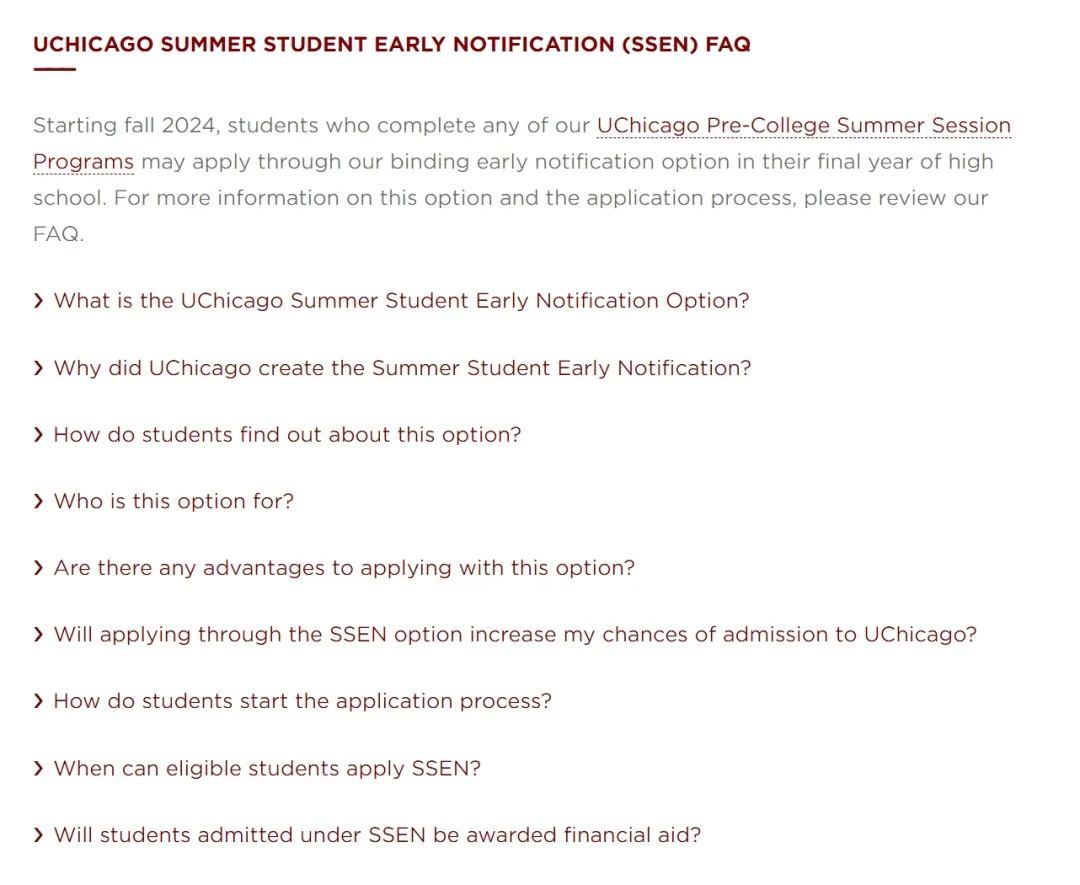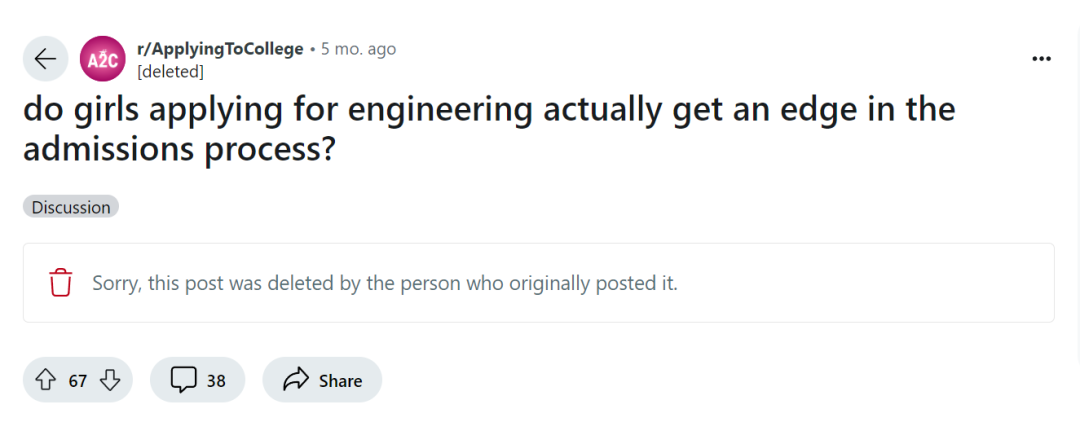我们的教科书和考试大多关注的是理论和职业技能的传授,而被人们称为“软技能”的其他技能,它们的价值往往容易被忽视,究竟“软技能”都有什么用?“软技能”是否可以培养?我们该如何培养这些技能?不妨一起来看看
美国经管畅销书作家Seth Godin 在TED.com上是怎么说的~
We persist in hiring and training as if we're running a bowling squad, as if easily measured skills are all that matter. ...We can agree that certain skills are essential. That hiring coders who can't code, salespeople who can't sell, or architects who can't design is a waste. But these skills — let's call them vocational skills — have become the backbone of the recruitment process.
But how do you explain that similar organizations, with similarly vocationally skilled people, find themselves with very different outcomes?
Most of the textbooks that students experience and the tests they take are about vocational skills, the checkboxes that have to be checked to get a job. By misdefining “vocational” and focusing on these allegedly essential skills, we’ve diminished the value of the other skills that matter.
We give too little respect to the other skills when we call them “soft” and imply that they’re optional. What actually separates thriving organizations from struggling ones are the difficult-to-measure attitudes, processes and perceptions of the people who do the work.
不论是在从小培养的过程中,还是职场招聘中,我们都仿佛在经营一支保龄球队,好像容易衡量的技能就是一切。
雇用不会编码的程序员、不会销售的销售人员或者不会设计的建筑师,当然是一种浪费。这些技能--我们姑且称之为职业技能--逐渐成为招聘过程中的“主心骨”。
但是,现实生活中却常见,类似的组织规模拥有类似职业技能的人,事情的结果却大相径庭。这又该如何解释呢?
学生们阅读学习的大多数教科书和参加的考试都是关于职业技能的,也是如今找工作时必选项。我们把重点放在这些所谓的基本技能上,从而降低了其他重要技能的价值。

当我们称呼这些技能为“软技能”并暗示它们可有可无时,我们就太不尊重它们了。实际上,真正决定团队和个人发展的就是这些难以衡量的素质素养、沟通过程和团队中每个人的观念。
Vocational skills can be taught:You’re not born knowing engineering or copywriting or even graphic design, therefore they must be something we can teach.
But we let ourselves off the hook when it comes to:· Decision-making· Eager participation· Dancing with fear· Speaking with authority· Working in teams· Seeing the truth· Speaking the truth· Inspiring others· Doing more than we’re asked· Caring and being willing to change thingsWe underinvest in this training, fearful that these things are innate and can’t be taught.Perhaps they’re talents. And so we downplay them, calling them soft skills, making it easy for us to move on to something seemingly more urgent.职业技能是可以教的。我们不是天生就会工程学或文案写作,甚至平面设计的,因此这些技能一定是可以通过学习掌握的。
但在进行决策、热心参与、面对恐惧、用权威说话、团队合作、说出真相、激励他人、做得比要求的更多、关心他人和愿意改变现状等方面,我们却放任自流。我们在这方面的培训投入不足,担心这些东西与生俱来,无法传授。
But these skills can all be learned, as obvious skills like chess or typing can be learned.We learn them accidentally, by osmosis, by the collisions we have with teachers, parents, bosses and the world.Even though they’re more difficult to measure, that doesn’t mean we can’t improve them, can’t practice them or can’t change the way we do our work. Of course we can.Let’s stop calling them soft.They’re interpersonal skills. Leadership skills. The skills of charisma and diligence and contribution.But these modifiers, while accurate, somehow edge them away from the vocational skills, the skills that we actually hire for, the skills we measure a graduate degree on.So let’s uncomfortably call them real skills instead.
*英文文章来源:https://ideas.ted.com/soft-skills-and-real-skills/
但这些技能都是可以学习的,就像象棋或打字等显而易见的技能一样。我们往往通过潜移默化的方式,在与老师、父母的沟通中,在与这个世界的碰撞中,无意间学会了这些技能。尽管这些技能更难衡量,但这并不意味着我们不能提高它们,不能练习它们。
所以,让我们不要再称呼这些技能为“软技能”了!它们是人际交往技能,是领导技能,是充满魅力、作出贡献的技能。因此,我们还是把它们称为真正的技能吧!辩论作为时下愈发流行的课外活动 不仅培养了我们的思维和表达能力 也处处需要团队配合
有利于我们团队精神和领导能力的培养
即将到来的暑假就有这样一个帮助你培养多项技能的高质量活动!
NHSDLC暑期训练营报名开启!
这将成为我们回忆中浓墨重彩的一笔也是辩手们备战暑期赛事的最好选择!
NHSDLC暑期训练营是全封闭式美式辩论训练营,通过结合课程、实训与趣味活动,为学生提供高强度、快节奏的辩论能力训练。同时,暑期训练营还将作为年度冠军赛的前期预热营,为暑期赛事做好充分的准备。
北京暑期训练营:7月14-22日
上海暑期训练营:7月25日-8月2日
线上暑期训练营:8月11-16日
NHSDLC暑期训练营
拥有形式多样的特色模块,包括早间讲座、选修课程、LAB小组学习以及多轮实战练习等,帮助同学们有效吸收辩论知识,获取教练反馈并提升实战表现。


















